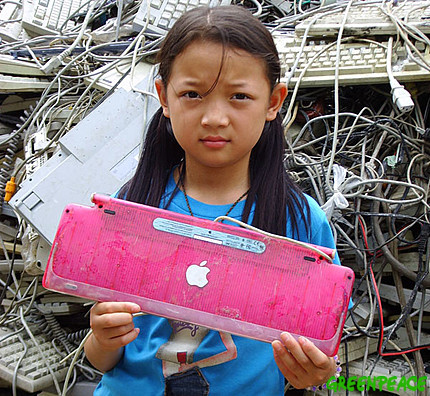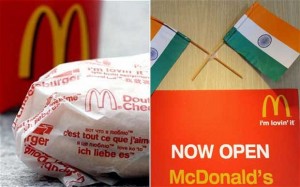Last year in IB Geography 12, we learned about e-waste and it is definitely not what it sounds like. E-waste is not just disposing of our electronic items, but the terrible issues around e-waste will forever stick in my mind. In wealthy countries like Canada and the US, we are constantly thinking about getting our hands on the latest gadgets such as iPhones, laptops, and cameras, and immediately throwing out the old ones into the trash. But do we ever think about how these electronics are disposed of? If the majority of the people in first-world countries change a phone or computer every two or three years, then think about how many electronic items will need to be disposed of. Although behind consumers’ backs, companies are acting like they are “recycling” these products by having events where they will take in our used items to be properly disposed of, they are in fact collecting these items and secretly sending them off to poorer, third-world countries like China to be disposed so that the pollution will not further damage the wealthy countries. Is this ethical? These companies want to make the money but don’t want to dispose of their own garbage as well as us, who live in wealthy countries are becoming very selfish while people in Guiyu China are being poisoned and having health problems because they have no choice besides take that job, otherwise they have no money to feed their families.
The worst is that the biggest companies on the market are involved in this, but are denying it such as Samsung, HP, Panasonic.
Links:
http://www.time.com/time/magazine/article/0,9171,1870485,00.html


